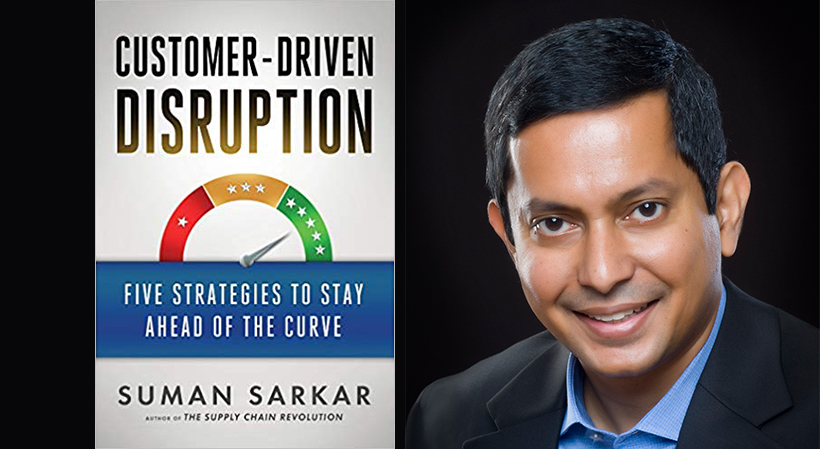HOW TO MAKE THE BEST DECISIONS FOR YOUR BUSINESS
Top 6 Tax Preparation Software Products for Professionals
Tax season can be more than a handful for any professional when it comes to managing their finances. There are numerous things to consider,…
How to Calculate Annual Gross Income: A Step-by-Step Guide
Understanding your financial health starts with one critical figure: your annual gross income. This isn’t just a number; it’s a…
50 Soap Business Name Ideas
A soap business name can reflect your brand’s values and impact how customers remember your company. A name can be memorable, make people…
What Is a Comparative Market Analysis in Real Estate and How to Do It?
Are you looking to buy or sell a property but need clarification on the right price? Enter the world of Comparative Market Analysis (CMA), a…
How to Hire International Employees in 5 Steps
With the rise of remote work, geographical boundaries are no longer a constraint, opening up a world of opportunities to harness global…
Best Contact Management Software
If you want to have a successful business, there’s no way around the need for effective communication. And where relationships are key…
How to Make a Newsletter in 11 Steps
Creating a newsletter is a powerful way to connect with your audience, share valuable content, and increase the visibility of your brand.…
How Much Does it Cost to Start a Storage Unit Business?
Are you considering starting a storage unit business but wondering about the costs involved? The initial investment can vary greatly —…
What is a Domestic Limited Liability Company and How Does It Work?
For both budding entrepreneurs and established small business owners alike, grasping the fundamentals of a domestic Limited Liability Company…



























































